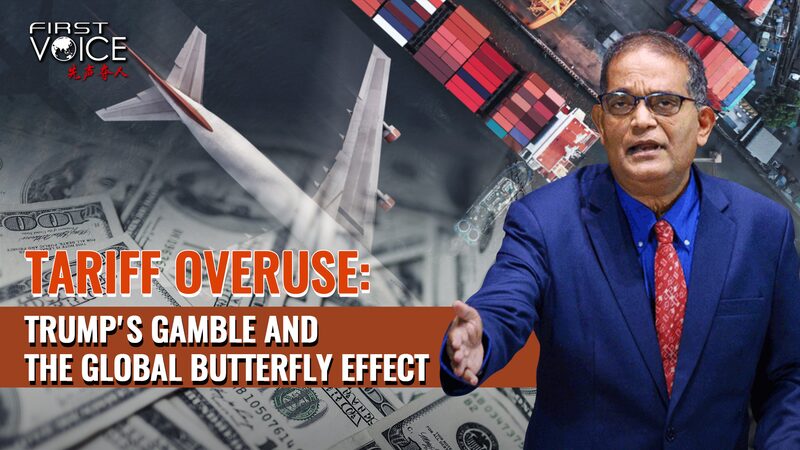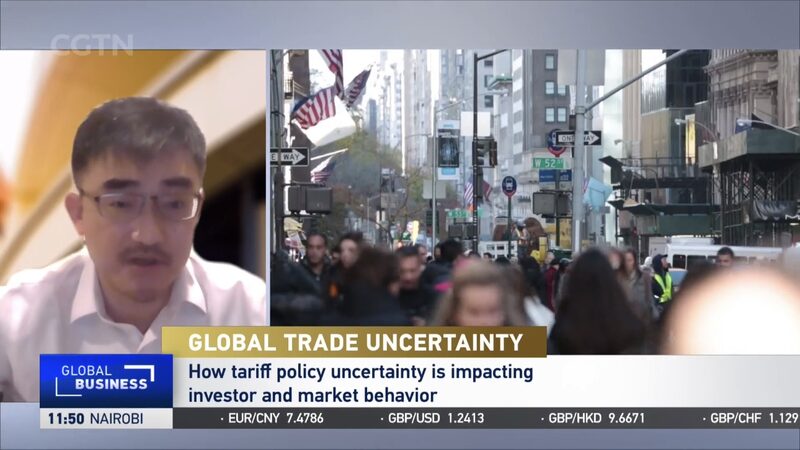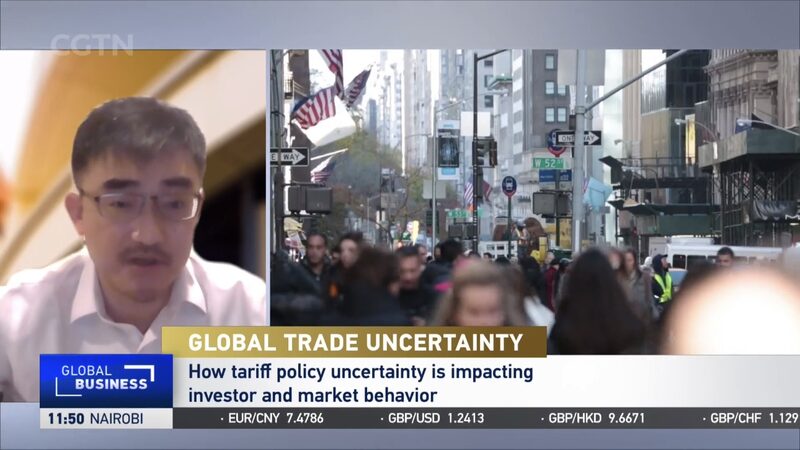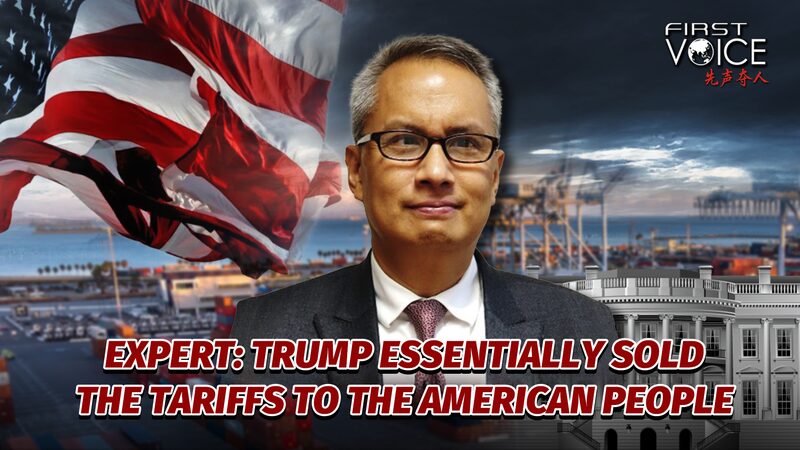In an insightful interview with CGTN Opinion's editor Yasir Masood, PhD, American economist and Columbia University professor Jeffrey Sachs shed light on the ramifications of the U.S. government's protectionist policies. With the 10 percent tariff on imports from the Chinese mainland taking effect on February 4, Sachs described this move as \"a misguided, detrimental aspect of U.S. statecraft.\"
Sachs emphasized that protectionist measures not only jeopardize the U.S. economy but also pose significant threats to the global economic landscape. He drew parallels to the Smoot-Hawley Tariff Act of the 1930s, which led to widespread protectionism, a collapse of global trade, deteriorating international relations, and ultimately contributed to the onset of world war.
Highlighting the positive impact of China's economic growth, Sachs noted that the rapid development of the Chinese mainland has been a boon for the United States, fueling industry growth and the digital revolution. \"It's made a lot of people rich and many industries thrive,\" he stated.
The economist also addressed the political motivations behind the protectionist stance, attributing it to the pursuit of votes in swing states and the rise of anti-trade rhetoric. Despite these challenges, Sachs remains hopeful that key figures within the administration will recognize the underlying economic realities beyond the surface-level political maneuvers.
Looking ahead, Sachs urged other regions, particularly Europe, to continue engaging in open trade with the Chinese mainland instead of following the U.S. down the protectionist path. He warned that abandoning the open trade system could result in China becoming the primary provider of crucial technologies worldwide.
Sachs' analysis serves as a critical reminder of the dangers of protectionism and underscores the importance of fostering mutually beneficial economic partnerships to ensure global prosperity and stable international relations.
Reference(s):
cgtn.com




